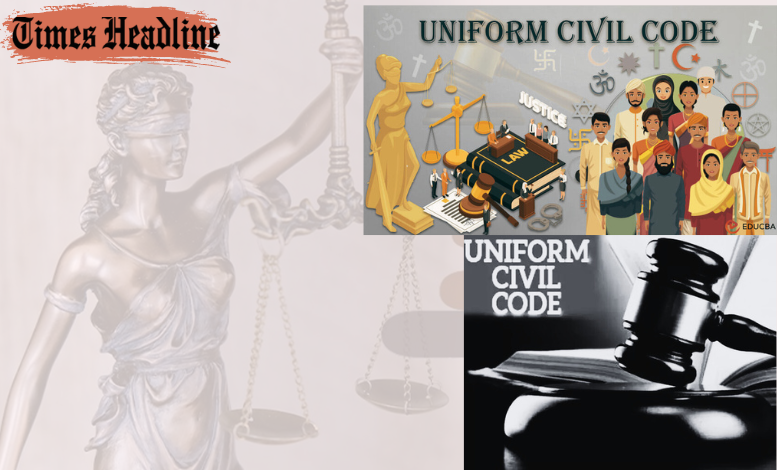A uniform civil code (UCC) would establish one law for a state which would apply to all religious and tribal communities and civil matters such as marriage, divorce, adoption, and inheritance.
The introduction of the Uniform Civil Code by the government of Uttarakhand has attracted several debates and controversies, particularly the law which mandates the registration of live-in relationships, establishes regulations for their termination, and introduces provisions for the maintenance of women deserted by their partners in such arrangements, aiming to provide legal clarity and protection.
Where some position the UCC as a legislation that is beneficial to women and seeks to protect them and their rights, there are observations that suggest an intrusion of one’s privacy and that the state is overstepping its boundaries. Proponents argue for standardized legal principles, while opponents highlight potential erosion of personal liberties and cultural autonomy.
While the UCC proposed in Indian states aims to streamline personal laws governing various communities, promoting uniformity, the central argument revolves around its potential infringement on the constitutional freedom of religion (Articles 25 and 29). This grants communities the right to adhere to their respective religious laws. Notably, the Fundamental Rights Sub-Committee of India’s Constituent Assembly opted against including UCC as a fundamental right in the constitution, reflecting the nuanced balance between uniformity and religious freedoms.
Allegations claim the UCC will enforce a Hindu-centric code on all religious groups, stirring disagreements among communities.Supporters believe the Uniform Civil Code (UCC) will enhance gender equality, promote secularism, and simplify legal processes. However, critics worry it might diminish cultural and religious diversity, potentially harming minority rights. Linguistically, implementing a UCC may require translating legal documents into various languages to ensure everyone understands. The overall impact on Indian culture and languages will depend on how it’s implemented and its socio-political ramifications.

